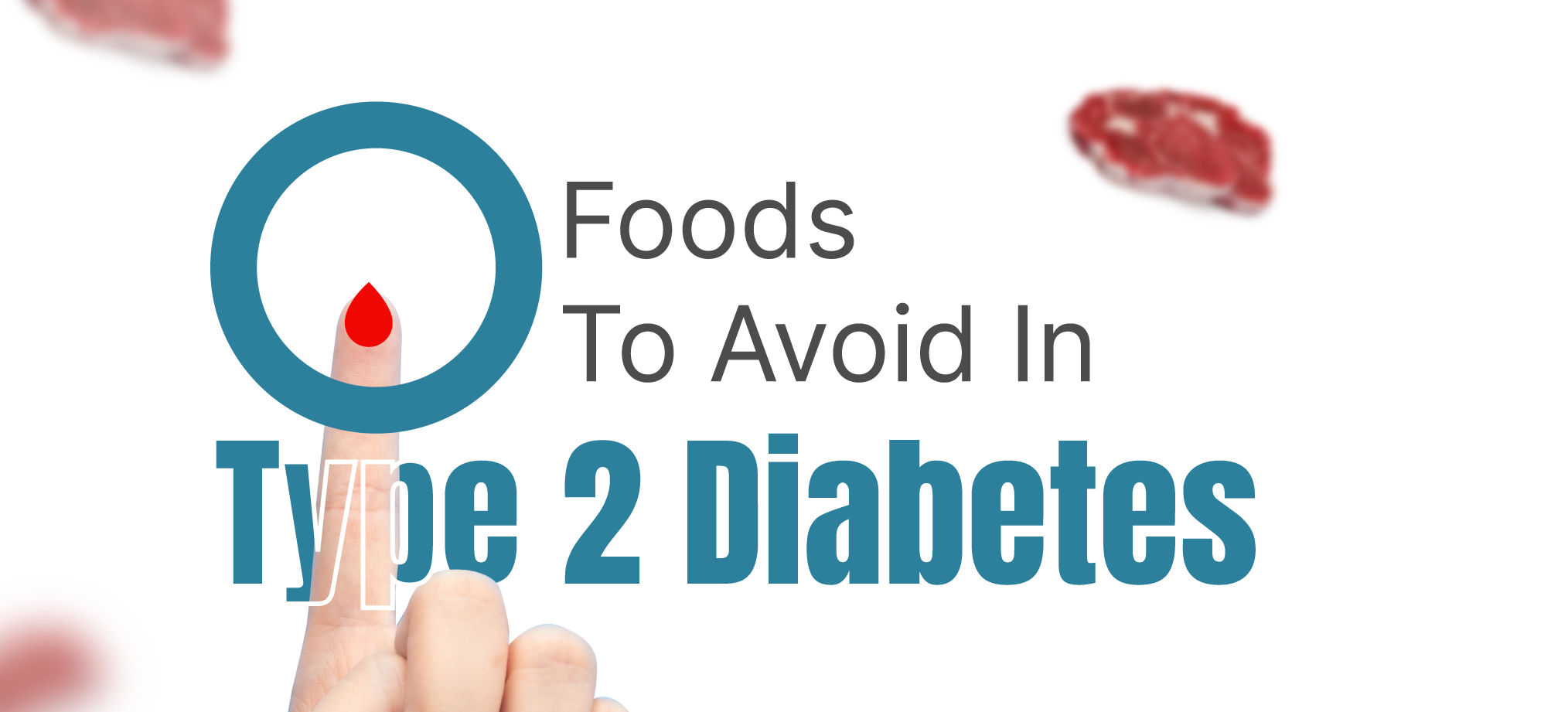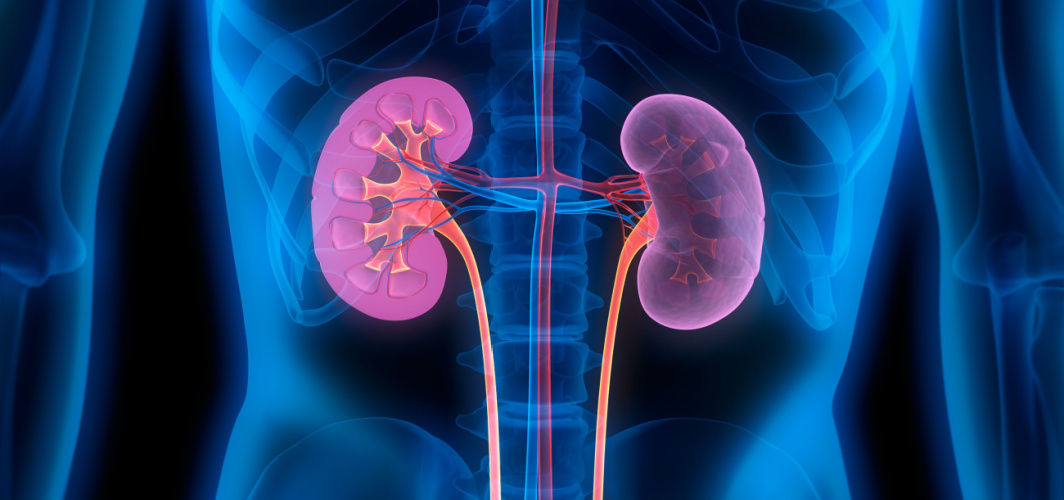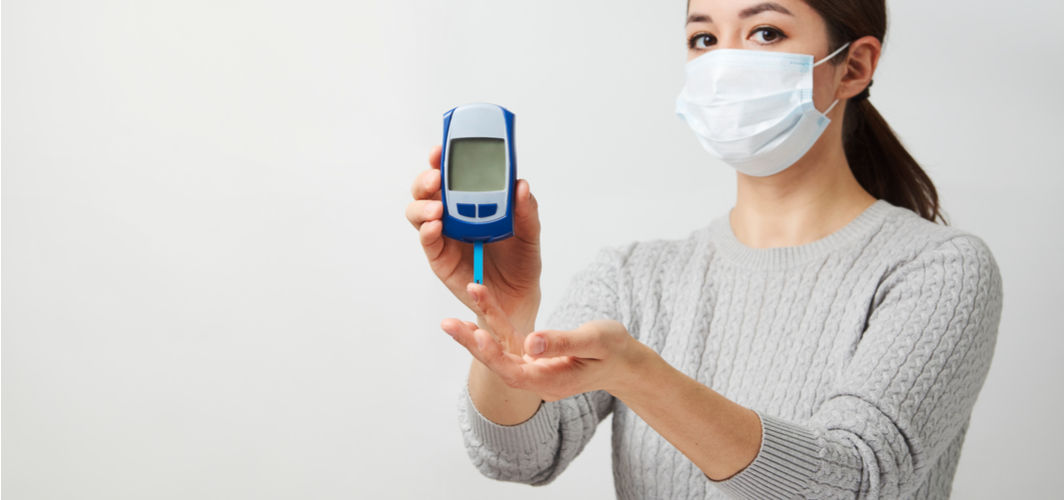Diabetes Management
These Foods Can Increase Your Risk Of Diabetes
3 min read
By By Apollo 24|7, Published on - 20 February 2023, Updated on - 01 June 2023
Share this article
0
3 likes

Generally, the human body uses insulin to control glucose levels and convert them into energy. However, in the case of type 2 diabetes, the body develops insulin resistance and cannot effectively use insulin to regulate blood sugar levels, resulting in elevated glucose levels in the blood. In addition, consuming foods containing nitrates and nitrites have been linked to an increased risk of type 2 diabetes in studies. Let us know more about these foods and how they are related to diabetes.
What Are Nitrates and Nitrites?
Both nitrates and nitrites are nitrogen compounds that are often found in several food items including:
- Green leafy vegetables like spinach and lettuce
- Radish
- Parsley
- Beetroot
- Processed fish
- Alcoholic beverages
- Processed meats like hot dogs, sausage & salami
While nitrates are least likely to harm the body, nitrites can convert either into nitric oxide (beneficial for the body) or nitrosamine (harmful for the body).
How Nitrates and Nitrites can Cause Type 2 Diabetes
The essential role by which nitrates and nitrites may contribute to type 2 diabetes development is unknown. However, several theories have been proposed, including the following:
- Increased insulin resistance due to the formation of nitrosamines
- Higher levels of inflammation due to eating processed and cured meats
- Weight gain due to the intake of processed and cured meats
Foods Recommended for People With Type 2 diabetes
The following foods can be eaten if you have type 2 diabetes:
1. Whole-grain foods such as oatmeal and wheat bread can help you regulate blood sugar levels and provide adequate energy.
2. Non-starchy vegetables like leafy greens, broccoli and cauliflower are high in fibre and low in carbohydrates.
3. Protein-rich foods like beans, lentils and chickpeas help regulate blood sugar levels and improve overall health.
4. Berries such as strawberries and blueberries are high in fibre and antioxidants.
5. Fish high in fat, such as salmon and sardines, are high in omega-3 fatty acids.
It is important to remember that eating a balanced diet low in refined carbohydrates, high in fibre and rich in nutrient-dense foods is the key to managing type 2 diabetes.
You can consult a dietitian about developing an individualised eating plan that meets your needs.
Consult An Apollo Diabetologist
Frequently Asked Questions
1. What effect does food containing nitrates and nitrites have?
Foods containing nitrates and nitrites tend to increase insulin resistance, thereby increasing the risk of type 2 diabetes and weight gain.
2. Does consuming vegetables having nitrites or nitrates lead to type 2 diabetes?
The relationship between vegetable intake and the risk of developing type 2 diabetes is complex. However, research has shown food containing nitrates and nitrites can increase the risk of developing type 2 diabetes.
3. What foods are good for people having type 2 diabetes?
Fruits, vegetables, nuts, seeds and whole grains are some foods that are good for those with type 2 diabetes.
4. What are some symptoms of type 2 diabetes?
Increased thirst, tiredness, weight loss, dry mouth, mouth and headaches are some of the common symptoms of type 2 diabetes.
5. Can consuming processed food lead to type 2 diabetes?
Consuming processed foods high in added sugars, refined carbohydrates, unhealthy fats, and sodium has been linked to an increased risk of developing type 2 diabetes.
Consult An Apollo Diabetologist
You can also manage your diabetes like a pro with Apollo 24|7's 12-week empower programme.
Medically reviewed by Dr. Madhushree Agarwal
Diabetes Management
Leave Comment
Recommended for you

Diabetes Management
Diabetic Nephropathy: Are Your Kidneys At Risk?
Diabetic nephropathy is a serious complication of prolonged diabetes that can lead to kidney damage and even kidney failure. Diabetics need to be aware of their risk of developing diabetic nephropathy and take steps to prevent it.

Diabetes Management
8 Important Tests for People with Type 2 Diabetes
Regular monitoring of various health parameters is extremely crucial for individuals with diabetes to prevent health complications. These include the HbA1c test to assess blood glucose management, blood pressure checks to monitor cardiovascular health, lipid profile tests to evaluate cholesterol levels, electrocardiograms to detect heart issues, eye examinations to prevent diabetic eye complications. Regular check-ups can help diabetics to effectively manage their overall health.

Diabetes Management
How Can Diabetes Patients Boost Immunity During COVID-19?
Diabetes patients can boost immunity by maintaining good blood sugar control, adopting a healthy and balanced diet, getting regular exercise, prioritizing quality sleep, managing stress levels, practicing good hygiene, receiving recommended vaccinations on time, and staying connected with healthcare providers for guidance and support.
Subscribe
Sign up for our free Health Library Daily Newsletter
Get doctor-approved health tips, news, and more.
Visual Stories

8 Fruits That are Incredibly Healthy for Diabetes
Tap to continue exploring
Recommended for you

Diabetes Management
Diabetic Nephropathy: Are Your Kidneys At Risk?
Diabetic nephropathy is a serious complication of prolonged diabetes that can lead to kidney damage and even kidney failure. Diabetics need to be aware of their risk of developing diabetic nephropathy and take steps to prevent it.

Diabetes Management
8 Important Tests for People with Type 2 Diabetes
Regular monitoring of various health parameters is extremely crucial for individuals with diabetes to prevent health complications. These include the HbA1c test to assess blood glucose management, blood pressure checks to monitor cardiovascular health, lipid profile tests to evaluate cholesterol levels, electrocardiograms to detect heart issues, eye examinations to prevent diabetic eye complications. Regular check-ups can help diabetics to effectively manage their overall health.

Diabetes Management
How Can Diabetes Patients Boost Immunity During COVID-19?
Diabetes patients can boost immunity by maintaining good blood sugar control, adopting a healthy and balanced diet, getting regular exercise, prioritizing quality sleep, managing stress levels, practicing good hygiene, receiving recommended vaccinations on time, and staying connected with healthcare providers for guidance and support.